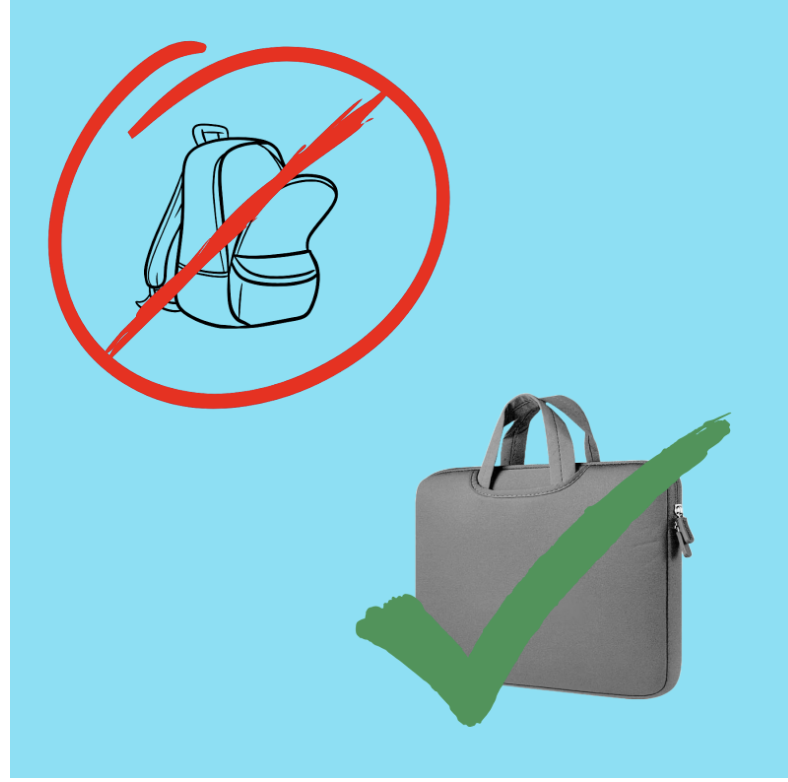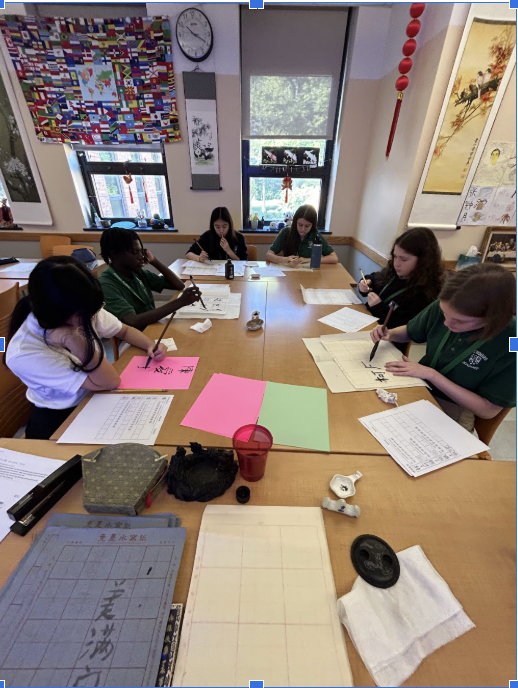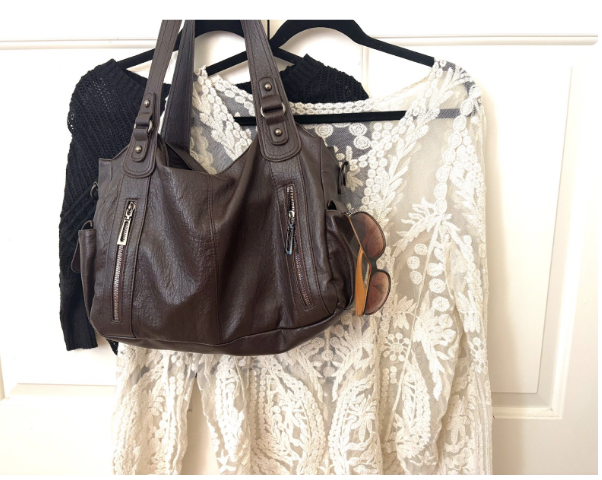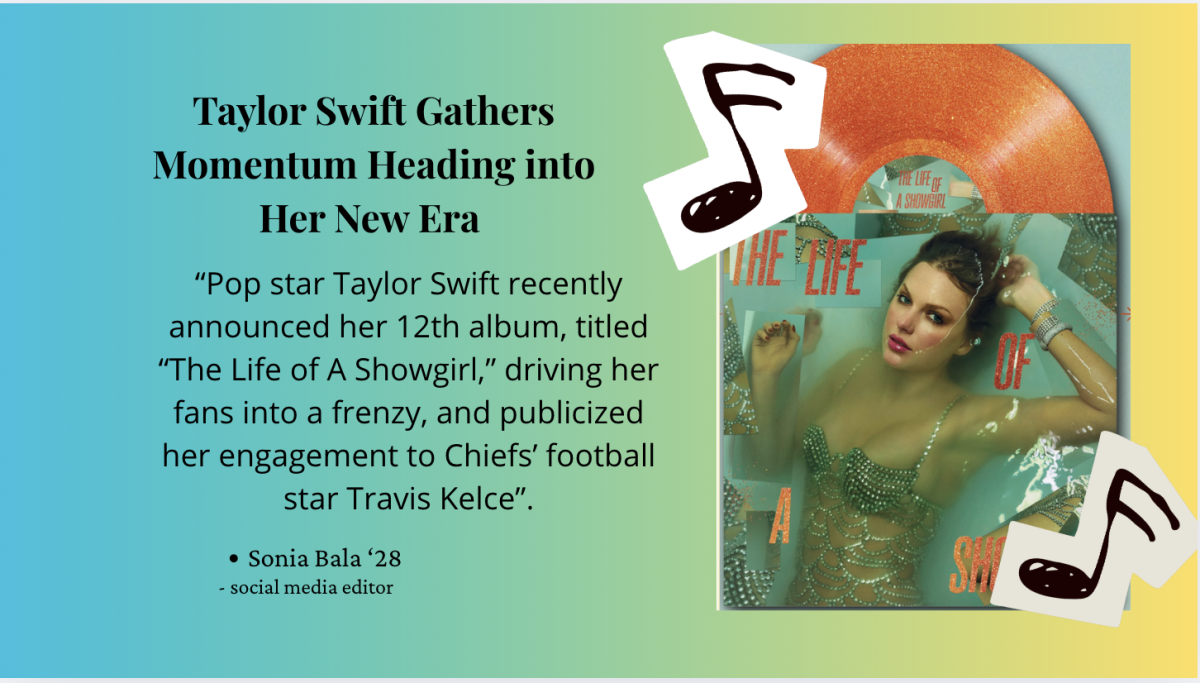The Daily Northwestern facing double-sided backlash
Which is more important: students’ sentiments or freedom of the press?
In November, Northwestern University’s student run College Republicans Club, which hosts high-profile speakers to increase political conversation and awareness, invited former U.S. Attorney General Jeff Sessions to speak about his role in the Trump Administration. Instead of being welcomed warmly, the notorious, controversial conservative politician was greeted by enraged student activists who organized heated protests, drawing police to the scene.
Like any news outlet should, Northwestern’s student-run newspaper The Daily covered the event, planting reporters and photographers at the protest. Eva Herscowitz, a reporter for The Daily, wrote an article titled, “Students protest Jeff Sessions’ speech, police presence”, detailing the event. Herscowitz wrote: “Protesters moved to the back entrance, attempting to enter the room by climbing through windows and pushing their way through open doors. University Police officers followed the protesters inside, knocking some to the ground and pushing others out.”
The following day, in addition to releasing the article, The Daily posted pictures of the protests to Twitter. Soon after, the newspaper faced backlash from protestors who took to social media, claiming they felt victimized by The Daily’s coverage of the event. The student activists accused The Daily of obstructing their privacy by releasing content that could jeopardize their identities, as photos identified their faces and one quote had a protestor’s name attached. In response to the accusations, The Daily’s leading eight editors released an editorial apologizing for the newspaper’s coverage of the protests. The editors wrote: “While our goal is to document history and spread information, nothing is more important than ensuring that our fellow students feel safe — and in situations like this, that they are benefitting from our coverage rather than being actively harmed by it. We failed to do that last week, and we could not be more sorry.”
So how is it that this seemingly heartfelt apology broke national news? The central questions regarding whether or not the apology is appropriate, along with whether it undermines the newspaper’s mission or not, sparked a national debate over whether The Daily had a greater responsibility to its student body or the principles of journalism.
For one, the apology seems to hinder the legitimacy of the paper, and some respected journalists went so far to say the profession of journalism itself. What most of the protesters failed to acknowledge is they forfeited their rights to privacy as soon as they began protesting, because they took their grievances publically. The Daily had every right to use their names and photographs; the paper should have been proud of their work, not apologetic for simply doing their job. Countless world-renowned journalists took to social media, slamming the college journalists for their frail fight to defend their rights as journalists.
“How is it possible that a newspaper at what is allegedly a top journalism school would apologize for the basics of reporting?” Glenn Kessler, a Washington Post columnist, tweeted. “This is a travesty and an embarrassment.”
It seems impossible that The Daily could not report to the student body, faculty, alumni, and surrounding community regarding the protest. It is their duty as the lone daily news source in Evanston, Ill., to keep the community informed. So what, are journalists supposed to ignore the news out of respect for those who publicly sparked controversy in the first place?
The majority of the outspoken public responded to this question with a huge NO. Under the first amendment, journalists have the right to freedom of speech and press. So when the public protest took place, taking photographs and reporting was not an intrusion of protestors privacy, but instead The Daily exercising their first amendment rights as a news outlet serving the people.
Another layer to the debate is the hardships journalists face as they make waves in America’s polarized political climate. In an attempt to balance the passions of the people with exercising their rights to communicate the news, journalists learn to live by the Code of Ethics. According to the Society of Professional Journalists Code of Ethics, “Ethical journalists treat sources, subjects, colleagues and members of the public as human beings deserving of respect.” In citing the Code of Ethics in their apology article, The Daily succumbed to the student protestors’ opinions that their reporting was unethical. After being under attack from protestors for simply doing their job, staff at The Daily failed to see past the protestors’ accusations to the true ethical nature of journalism: to cover events truthfully and transparently to serve the public.
The Daily did nothing wrong, and the apology was unwarranted. The role of journalism is to protect people’s first amendment rights, not their feelings.
However, regardless of the overwhelming, double-sided backlash The Daily faced from student activists and journalists, at least it reassures the importance of student-run newspapers not only to the school, but to local communities as well. Making national news for their role in society, student-run news outlets like The Daily offer a unique lens into the world. However big or small it may be – whether it is The Green Arch or The New York Times – journalism gives people a voice.

Phoebe, a Senior at Archmere Academy, is back working on The Green Arch this year. When Phoebe is not writing, you can find her out on the golf course...
















